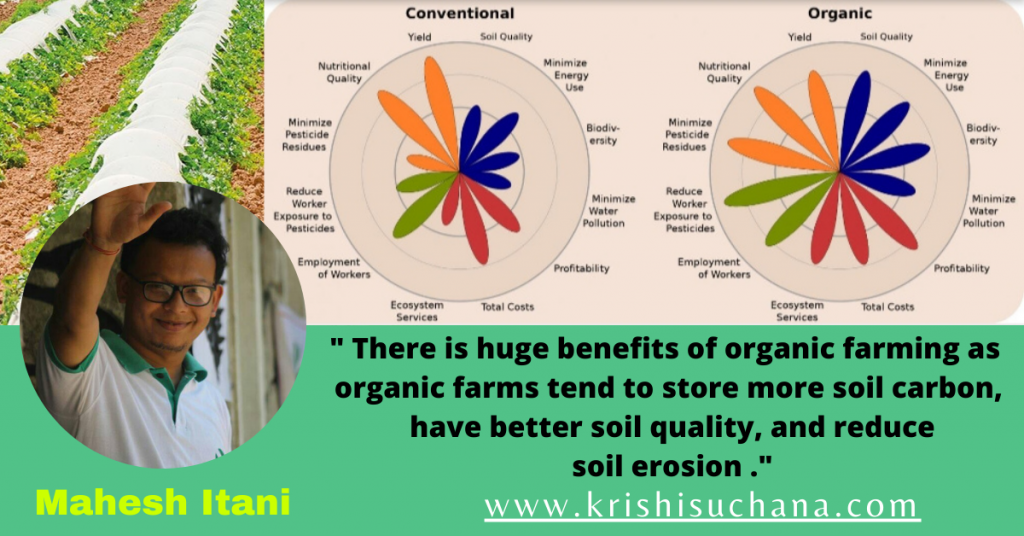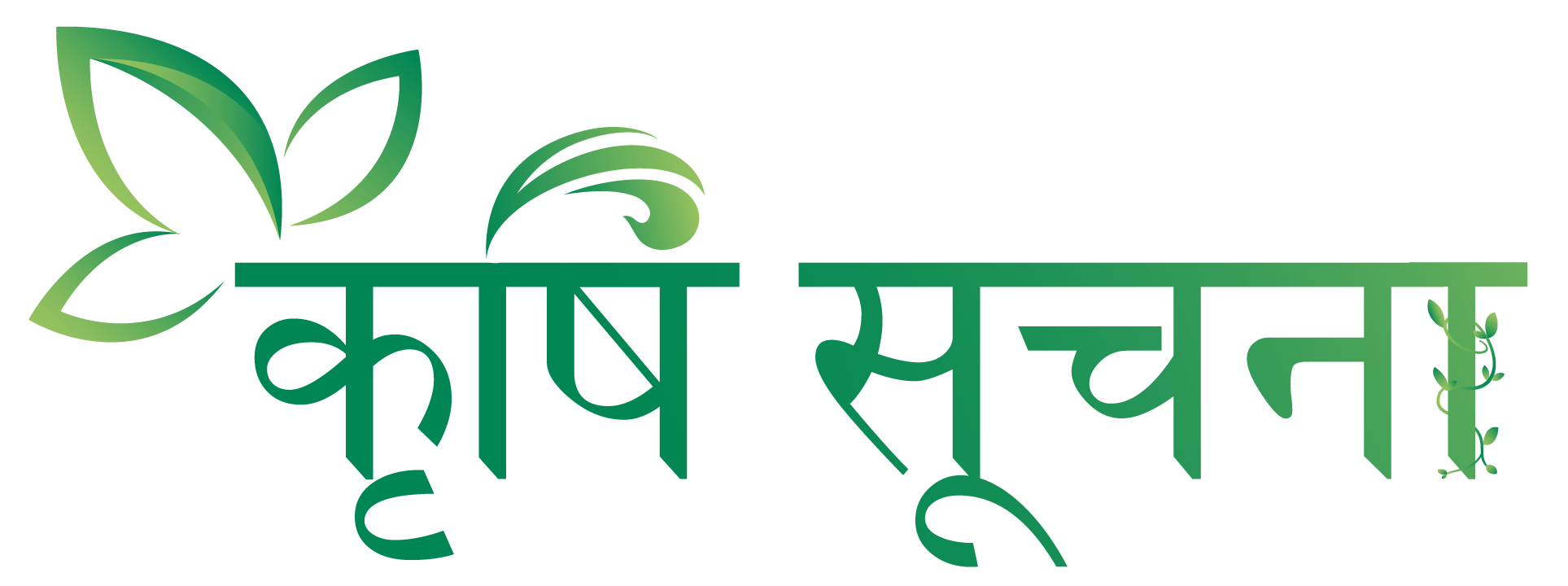Organic Agriculture, key to feed the world Sustainably

Hundreds of scientific studies now show that organic agriculture should play a role in feeding the world. Thirty years ago , there were just a couple handfuls of studies comparing organic agriculture with conventional . In the last 15 years, these kinds of studies have been skyrocketed.
Organic production currently accounts for one percent of global agricultural Land, despite rapid growth in the last two decades. Critics have long argued that organic agriculture is inefficient, requiring more land to yield the same amount of food .Many research have described that yields can be higher than conventional farming methods .
In severe drought conditions , which are expected to increase with climate change , organic farms have the potential to produce high yields because of higher water holding capacity . However , even when yields may be lower , organic agriculture is more profitable for farmers because consumers are willing to pay more. Higher prices can be justified as a way to compensate farmers for providing ecosystem services and avoiding environmental damage or external costs.
Overall , there is huge benefits of organic farming as organic farms tend to store more soil carbon , have better soil quality , and reduce soil erosion . Organic farming also creates less soil and water pollution and lower greenhouse gas emission .And its more energy efficient because it doesn’t rely on synthetic fertilizers or pesticides . It is also associated with greater bio-diversity of plants , animals , insects and microbes as well as genetic diversity .
Feeding of the world doesn’t only concern with the yield but also requires examining food waste and the distribution of quality food . If we look at calorie production per capita we are producing more than enough food for 7 billion people now , but we waste 30 to 40 percent of it . Its not just a matter of producing enough, but making agriculture environmentally friendly and making sure that food gets to those who need it .
It is suggested from various studies that a blend of organic and other innovative farming systems , including agroforestry , integrated farming , conservation agriculture , mixed crop \ livestock and still undiscovered systems .´ Behind this, a few transform in policy level like costs of transitioning to organic certification , lack of acess to labour and markets , and lack of appropriate infrastructure for storing and transporting food , enhances the expansion of organic agriculture . legal and financial tools are necessary to encourage the adoption of innovative , sustainable farming practices .
Writer: Mahesh Itani (College: Institute of Agriculture And Animal sciences(IAAS), Lamjung Campus)

